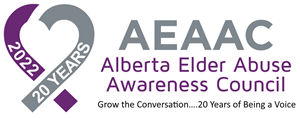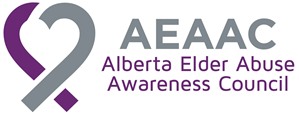Elder abuse is a hidden, tragic secret for many. But why? Often older people who are victims of abuse are reluctant to speak out. The fear of repercussions may feel more oppressive than the actual abuse they are subjected to. Shame or guilt may stop them from revealing their abuser, who might be someone they love. Sometimes victims simply do not have the capacity to report it.
Whether a victim is unable or unwilling, some of the barriers to revealing elder abuse include:
Source: Edmonton Elder Abuse Intervention Team Abuse and Neglect of Older Adults - Resource and Training Kit for Service Providers, Health Canada 1994
Whether a victim is unable or unwilling, some of the barriers to revealing elder abuse include:
Fear
- of being punished for reporting
- of institutionalization
- of rejection or abandonment by other family members
- of losing their caregiver
- of losing access to family members, including grandchildren
- that the disclosure will reflect poorly upon their family
Love for the Abuser
The senior may care deeply for his/her abuser, leading to conflicting feelings about revealing the abuse. The victim is likely reluctant to see the abuser criticized or face consequences for the behavior.Lack of Understanding or Impairment
A victim may be unable to report the abuse because of cognitive impairment or other disability. A mental impairment or inappropriate medication may also keep a victim from revealing the abuse.Shame and /or Guilt
Victims of elder abuse often blame themselves for violence and neglect they are subjected to. They are often reluctant to report the abuse because they are ashamed of what the family member did to them or embarrassed that they placed their trust in that person. The senior may also believe that it was something they did that brought on the abuse.Unaware of Resource Options
Victims are often unaware of the community supports and services available to assist them.Acceptance of Abuse or Neglect as Normal
If abuse has been a prevalent or typical pattern of behavior in a family, both the abusers and the victims may accept it as "normal" behavior. For many victims suffering at the hands of an abuser, violence and neglect are simply a way of life. Additionally, as violence is an accepted form of expressing rage in our society, the abuse may be dismissed and go unreported by others.Source: Edmonton Elder Abuse Intervention Team Abuse and Neglect of Older Adults - Resource and Training Kit for Service Providers, Health Canada 1994





